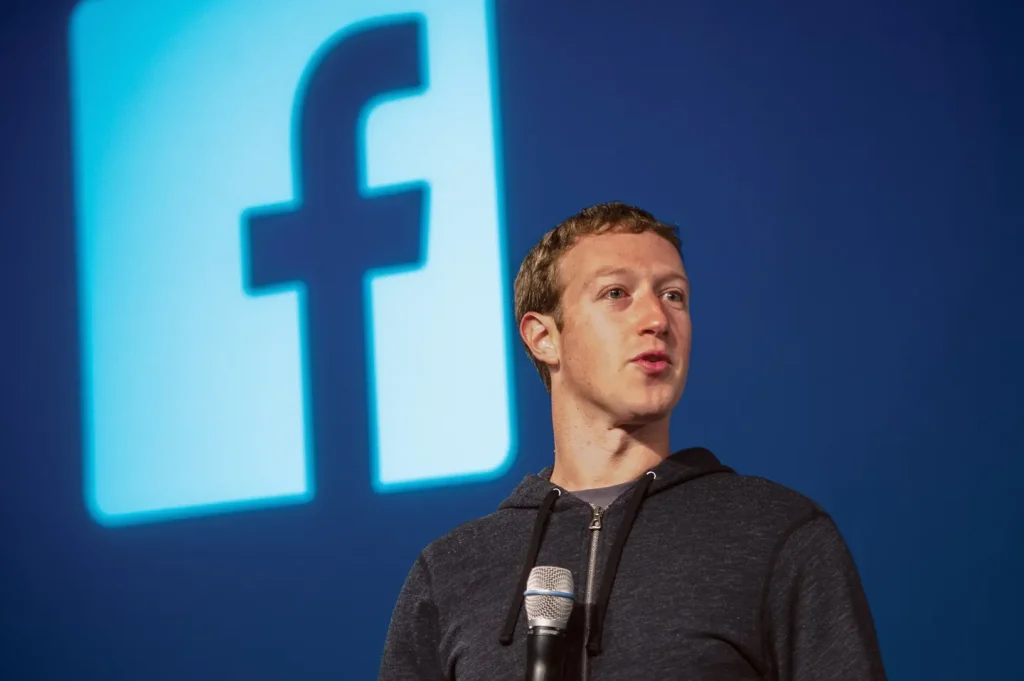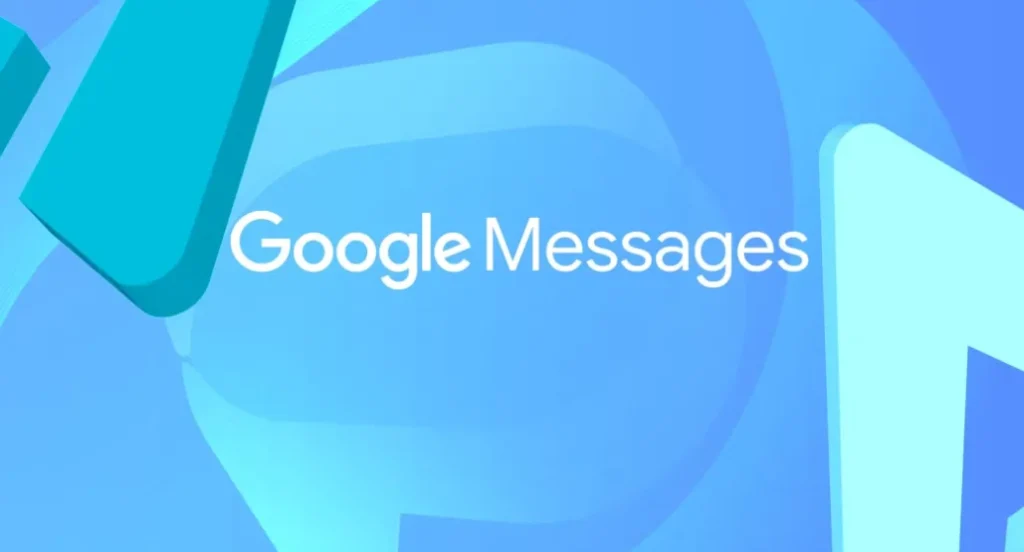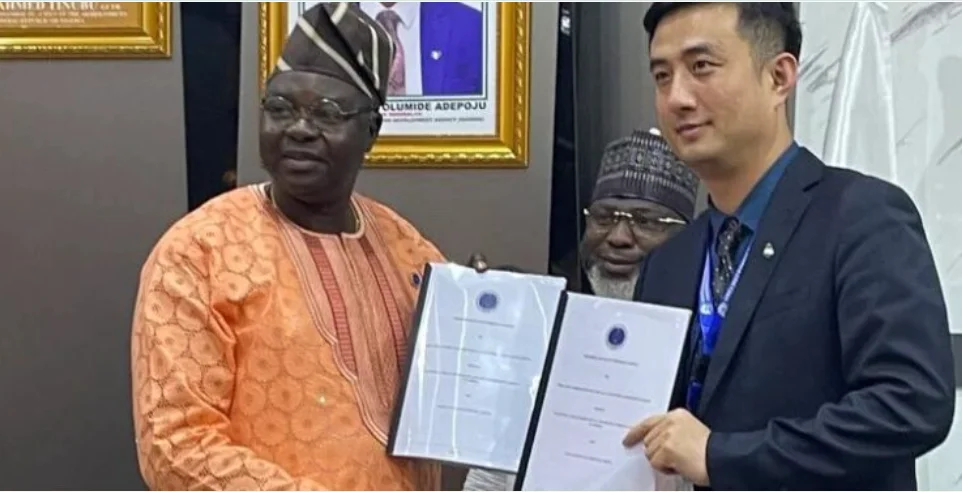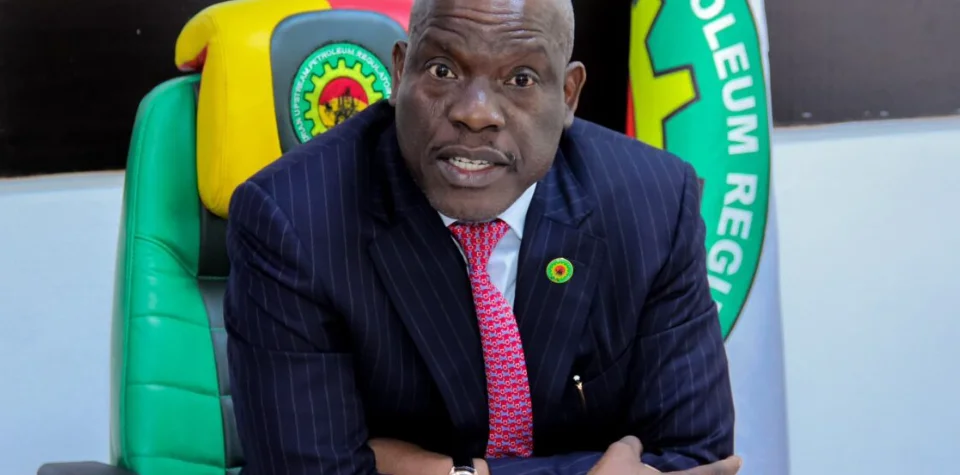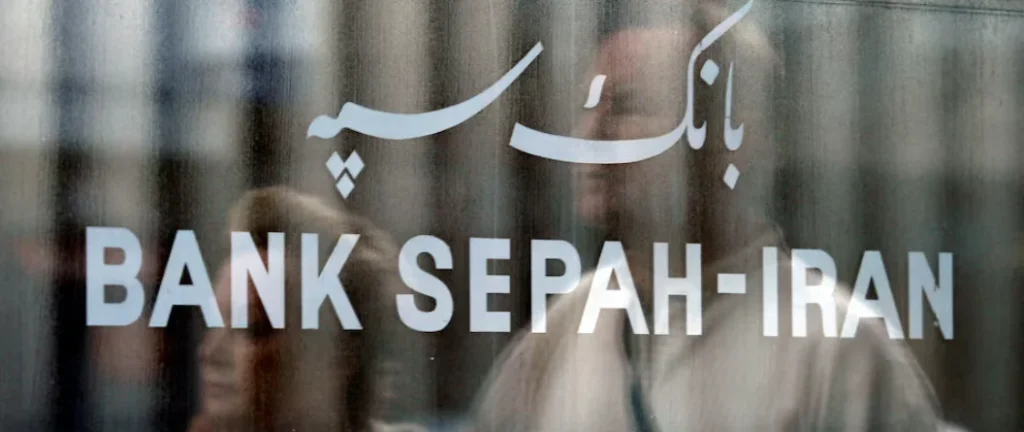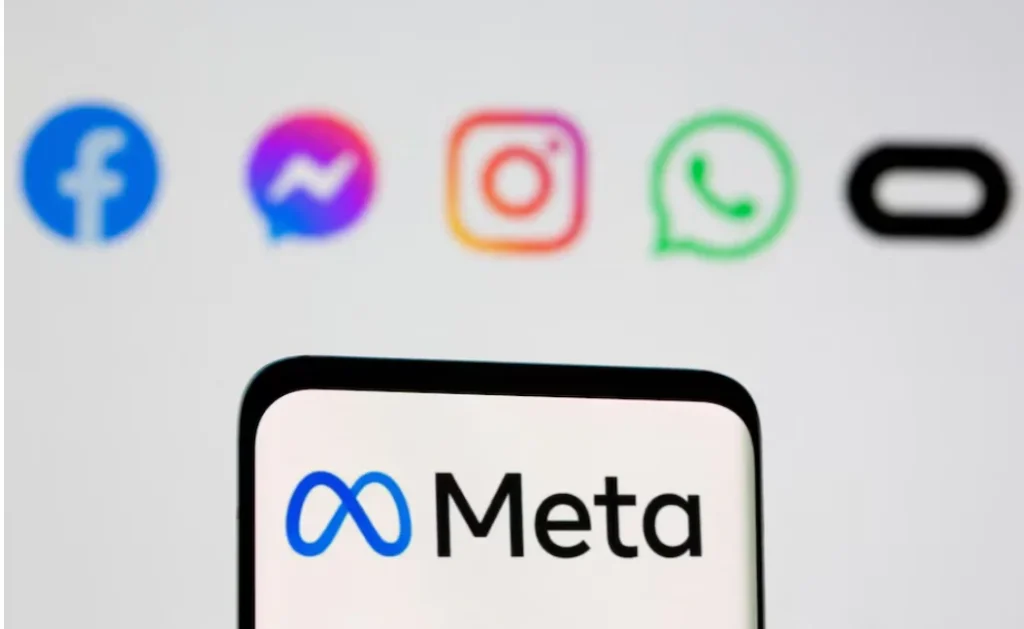Meta CEO Mark Zuckerberg took the witness stand on Monday in Washington, D.C., defending the company’s multibillion-dollar acquisitions of Instagram and WhatsApp. His testimony comes as part of a major antitrust trial, where the U.S. Federal Trade Commission (FTC) argues that Meta made the purchases to eliminate emerging rivals and dominate the social media landscape.
The FTC seeks to force Meta to restructure or sell both Instagram and WhatsApp, claiming these deals harmed competition and allowed Meta to monopolize the market for social networking services.
Zuckerberg Rejects Monopoly Allegations
In his testimony, Zuckerberg firmly denied that Meta acquired Instagram and WhatsApp to block competition. He insisted that the company made the deals to strengthen its platform in response to fast-changing user preferences and industry trends.
He explained that the integration of these platforms did not hurt consumers or stifle innovation. According to him, users continued to benefit from better services and features.
Zuckerberg also discussed a key shift in Meta’s content strategy in 2018, when the company prioritized posts from friends and family over viral videos and public content. In hindsight, he admitted this strategy failed to keep up with how users were changing the way they engaged online.
“We misunderstood how online engagement was evolving,” he said. “People increasingly interacted with content that wasn’t coming from their friends.”
He pointed out that although only about 20% of Facebook content and 10% of Instagram content now comes from friends, this reflects broader changes in how users consume and share information.
Meta Defends Strategic Value of Acquisitions
Meta’s legal defense centers on the argument that acquiring Instagram and WhatsApp was a strategic move to compete more effectively—not to shut down rivals. The FTC, however, presented internal emails where Zuckerberg described Instagram as a growing threat to Facebook. Similar concerns were raised about WhatsApp potentially developing into a standalone social network.
Even so, Meta argued that the competitive environment has changed dramatically. The company highlighted the rapid growth of TikTok and increased competition from platforms like YouTube, Apple’s iMessage, and Snapchat as proof that it does not dominate the market.
As further evidence, Meta pointed to a surge in traffic on Instagram and Facebook during TikTok’s temporary shutdown in January 2023, demonstrating that users actively switch between competing platforms.
FTC Faces Tough Legal Hurdles
The FTC insists that Meta still holds a monopoly over platforms where users share content with friends and family. The agency identified Snapchat and MeWe as the only remaining competitors in this specific area. However, it dismissed TikTok, YouTube, and Reddit as fundamentally different, saying they focus more on public content rather than personal connections.
U.S. District Judge James Boasberg, who is overseeing the case, has acknowledged the difficulty the FTC faces in proving its claims. To succeed, the agency must demonstrate that Meta’s market power is not only dominant but also harmful—and that breaking up the company would restore fair competition.
The trial will continue through July, with a verdict that could reshape the social media industry.
High Stakes for Meta
If the court rules in favor of the FTC, the outcome could deal a heavy blow to Meta. Instagram is a core driver of advertising revenue, while WhatsApp has the company’s largest daily user base. Both platforms play a central role in Meta’s long-term strategy, especially around business messaging and monetization.
Losing either platform would not only damage Meta’s business model but also weaken its position against fast-growing competitors.
A Broader Push Against Big Tech
This lawsuit reflects a wider government effort to rein in the power of Big Tech. That movement gained momentum during Donald Trump’s presidency and continues to influence federal policy today.
Although Meta has tried to align itself with Trump—by relaxing content moderation policies and contributing to his inauguration fund—the company remains a central target of ongoing antitrust investigations. Other tech giants like Amazon, Apple, and Google are also under legal scrutiny.
The final outcome of this case could set a major precedent for how the U.S. regulates large technology firms and controls market power in the digital age.
As the trial unfolds, it raises critical questions about innovation, competition, and the future of online communication platforms.

